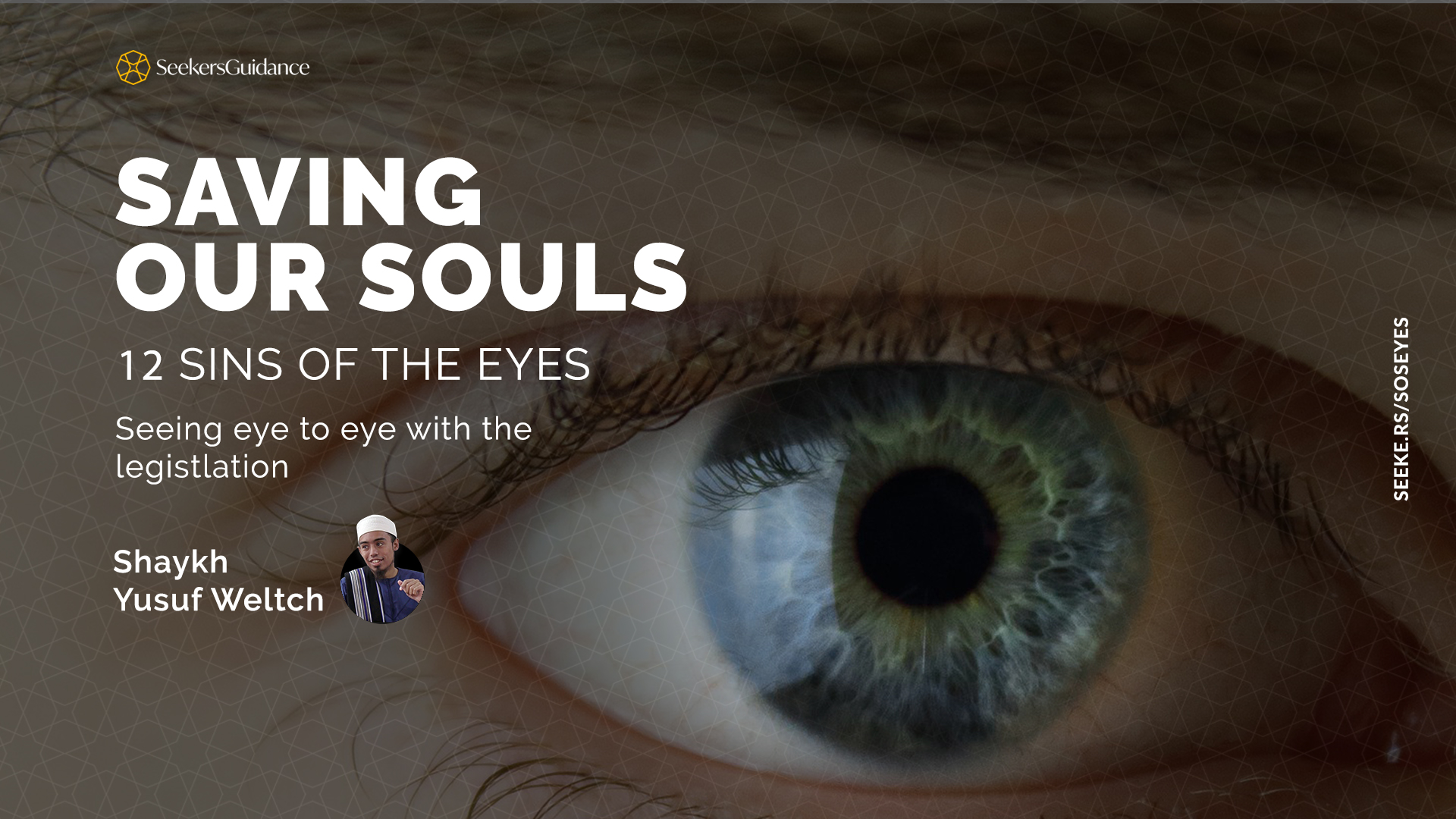How Come Some Sins Do not Require Expiation?
Hanafi Fiqh
Answered by Ustadh Tabraze Azam
Question: Committing certain sins requires the person seeking forgiveness to make expiation. However, other sins merely require sincere repentance. How do I know if a sin I commit has a specific expiation? How come some sins do not require expiation whereas others do?
Answer: Assalamu alaikum wa rahmatullahi wa barakatuh,
I pray that you are in the best of health and faith, insha’Allah.
The basis is that we have to sincerely repent from all sin.
Thereafter, there are debts and rights owed to Allah and His Creation. If you’ve missed prayers, fasts, and the like, those need to be made up, yet as a debt one owes, not expiation. Likewise, if you’ve stolen something, unlawfully gained some wealth, and the like, then that has to be returned as it relates to the right of another.
Expiations are effectively forms of punishment for committing some major offence in the Sacred Law. They often come into effect by way of the perpetrator’s own doing, and don’t usually relate to the right of another. Examples include, zihar [see: The Effect of Likening the Wife to the Mother on Marriage], oaths [see: How Do I Break an Oath that is Difficult to Keep?], fasting [see: The Expiation (Kaffara) for Having Sex While Fasting], and a number of other issues.
In general, if you are unsure of how to rectify a sin, you should consult a reliable scholar. Allah Most High says, “So ask the people of remembrance if you know not.” (16:43).
Please also see: A Reader on Tawba (Repentance)
And Allah alone gives success.
wassalam,
Tabraze Azam
Checked & Approved by Faraz Rabbani
